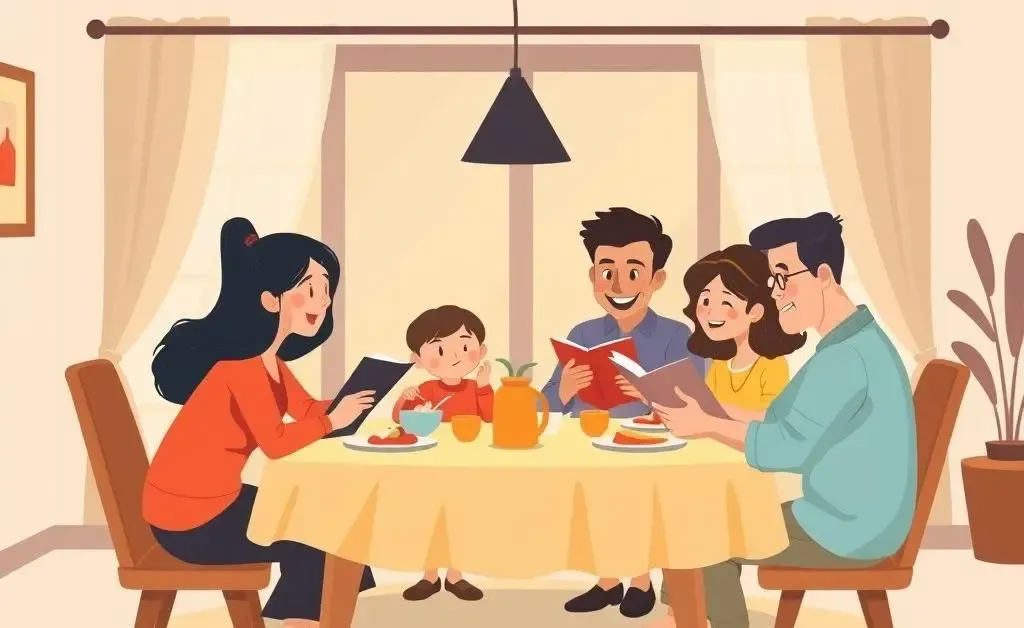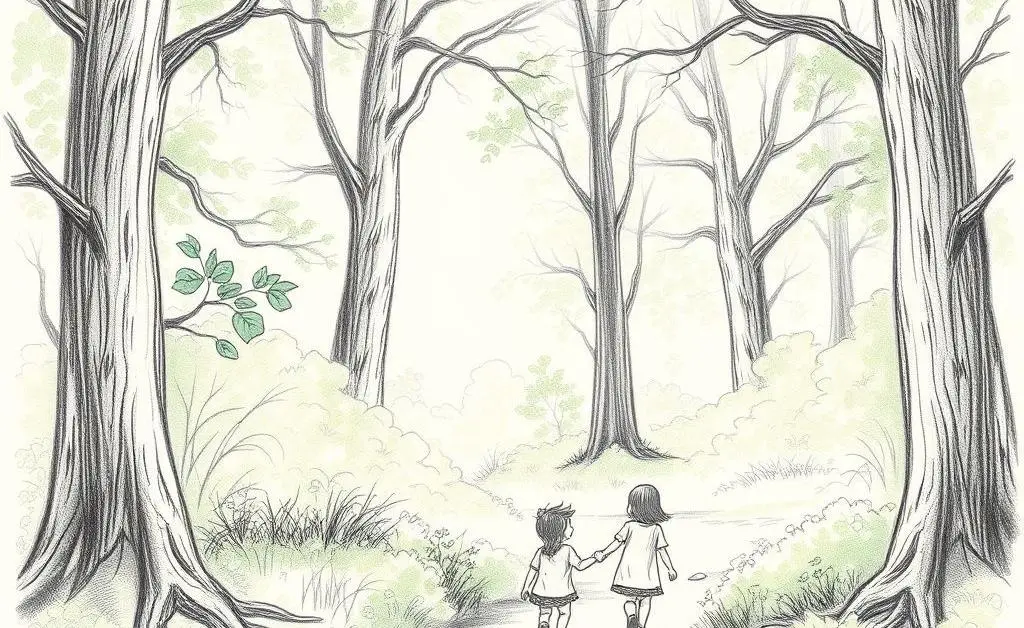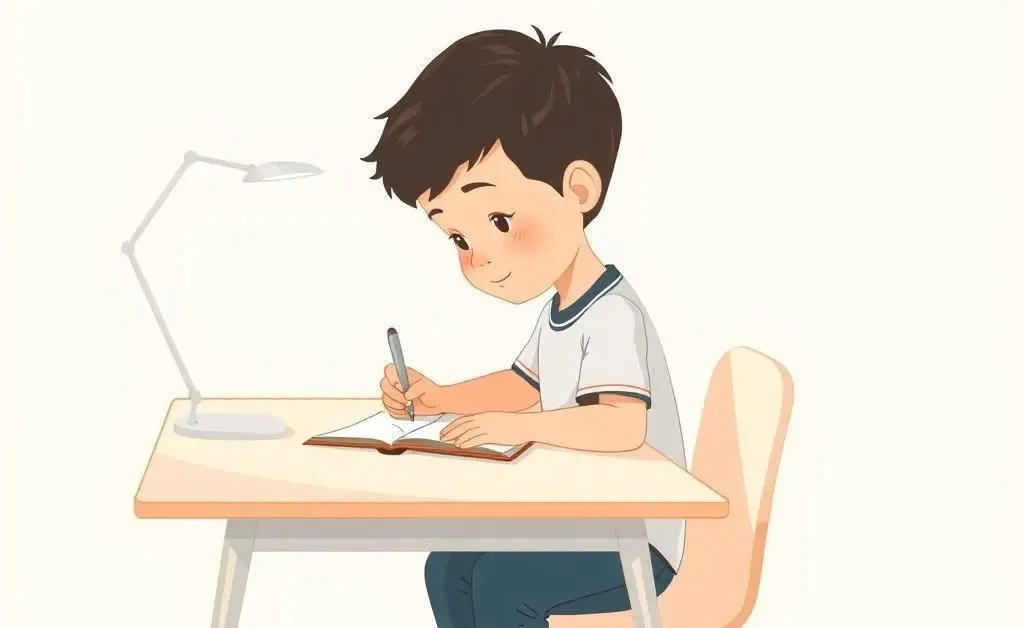Raising Grateful Children in a Material World: Simple Steps for Parents
Discover how to nurture gratitude and avoid spoiling your kids with these thoughtful parenting tips.

In our increasingly material world, it's easy to worry about raising children who might feel entitled or spoiled. But cultivating gratitude in our kids can transform their outlook on life. So, how can we create an environment that encourages appreciation without indulging an attitude of entitlement? Here are some thoughts I've gathered through my own parenting journey.
Understanding the Importance of Gratitude
Gratitude isn't just about saying 'thank you'; it's about feeling a deep appreciation for the things we have. Introducing our children to this concept early on can foster a sense of fulfillment. Not only does it benefit them emotionally, but research shows that living gratefully can improve well-being and mental health. Encouraging your child to recognize and be thankful for the little joys—like a sunny day or a pleasant walk outside—goes a long way.

Modeling Gratitude in Daily Life
I've found that one of the simplest yet most effective ways to teach gratitude is to model it. Children closely observe and often mimic the behaviors of their parents. When we express genuine gratitude for both big and small things in life, we set a powerful example. Whether it's complimenting a meal or acknowledging someone's help, showing gratitude is a habit that can be easily picked up by children.
Establishing Routines That Foster Thankfulness
Introducing regular practices like bedtime gratitude rituals can be magical. I invite my kids to share something they're grateful for every night before bed. This helps them reflect on their day and teaches them to find gratitude in everyday moments. Another idea is keeping a gratitude journal—a fun and artistic way for older kids to jot down things they appreciate.

Encouraging Sharing and Generosity
While it's natural to want to provide our children with everything they desire, encouraging them to share can instill a broader sense of generosity. This doesn't mean they should give away their favorite possessions but rather learn the joy that comes from sharing—be it toys, experiences, or even time with others. Setting up playdates where sharing is the focus can naturally instill this value.

Connecting Actions with Consequences
Teaching kids about the relationship between hard work and reward is crucial. When children understand that effort leads to positive outcomes, they appreciate rewards more fully. This concept can be applied in a variety of everyday activities, like helping with chores in exchange for a small privilege.
Final Thoughts
By instilling gratitude, we give our children the gift of perspective—one that stays with them as they grow. Raising kids who appreciate what they have and feel gratitude can seem daunting, but small, consistent efforts make a big difference. Let's share our stories and learn from one another as we strive to nurture hearts filled with gratitude in the next generation.




